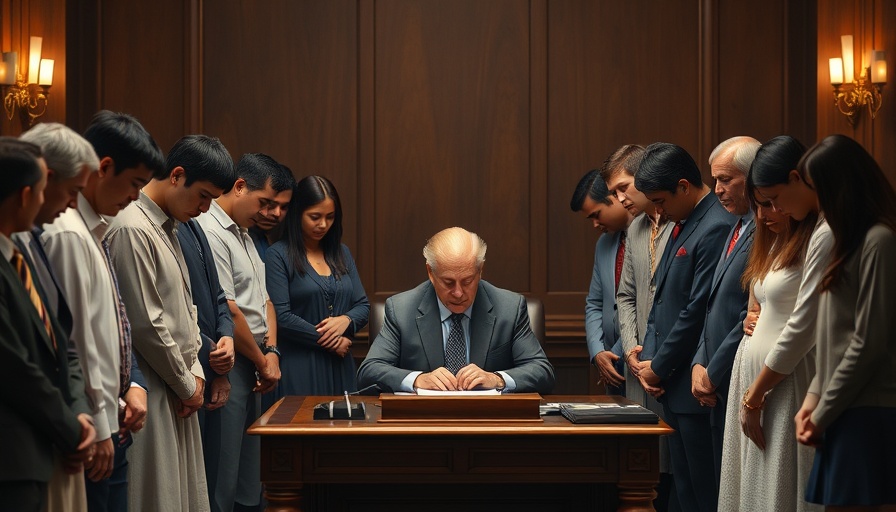
The Ongoing Debate Over Public School Vouchers in Texas
In Texas, the conversation around public school vouchers continues to generate heated debate among politicians, educators, and parents. The idea behind vouchers is straightforward: provide families with financial assistance to enroll their children in private schools rather than being confined to underperforming public institutions. This initiative is presented as a way to increase educational choice, but it raises significant ethical and economic questions that require careful examination.
Financial Implications for Taxpayers
The heart of the issue lies in who ultimately bears the financial burden of school vouchers. Lt. Governor Bob Bullock's metaphor about oysters aptly captures the uncertainty of trying something new—particularly when it comes to reallocating taxpayer dollars. The challenge here is that funding schools traditionally comes from local taxes, and shifting funds to private institutions could lead to significant shortfalls for public schools, potentially impacting the quality and availability of education for those who remain in the public system.
In the long run, this could create a two-tiered system of education where affluent families can choose private options at the expense of public schools, which are left to serve the most vulnerable students.
The Mixed Support for Voucher Programs
Despite these concerns, there remains a persistent push for voucher programs in Texas. Proponents argue that these programs are necessary to give parents the power to make educational choices that best fit their children. They contend that a limited program could operate successfully if structured correctly, as suggested by Bullock's cautious endorsement of a targeted voucher test. However, critics argue that such a scheme often exacerbates existing inequalities in education, favoring those who can already afford to supplement their educational expenses.
Political Dynamics: The Role of Partisan Interests
Political interests play a significant role in the school voucher debate, particularly in Texas's polarized landscape. Bullock’s resignation from the voucher PAC, Putting Children First, indicates the growing entanglement of educational policy with partisan politics. The voucher effort has frequently aligned with Republican objectives, generating concerns among Democrats and education advocates who view these initiatives as efforts to undermine public education.
The partisan dynamics were evidenced by the support from influential figures like Betsy DeVos, highlighting how national political currents can influence local educational policies. With both parties vying for control, the conversation around vouchers often reflects broader ideological battles rather than focusing solely on student needs.
Lessons from Other States: What Can Texas Learn?
Across the United States, states with voucher programs like Florida and Wisconsin have encountered a host of challenges that Texas should consider. In some instances, these programs have successfully increased school choice but often lead to substantial reductions in funding for public schools, which remain integral to educational equity. As Texans weigh the potential benefits and drawbacks of vouchers, learning from these states' experiences can help inform discussions and shape future policies in a way that preserves the integrity of public education.
Looking Ahead: Future Predictions for Texas Education
The future of Texas education may hinge on how these debates unfold. As the pressure for school choice increases, Texans—and particularly those in leadership positions—must contemplate the long-term effects of such policy decisions. It is crucial that leaders address both the immediate educational needs of students and the broader impact on public education funding.
Ultimately, the path forward may involve a careful balance between choice and equity, ensuring that all students, regardless of their circumstances, receive a quality education. Policymakers must be bold enough to explore new approaches while remaining vigilant about the implications of their decisions.
As we delve deeper into these discussions, it's essential for stakeholders, from parents to business leaders, to engage actively with local policies and advocate for educational reforms that uphold the principles of equity and access. How will you contribute to this ongoing dialogue in your community?
 Add Row
Add Row  Add
Add 




Write A Comment